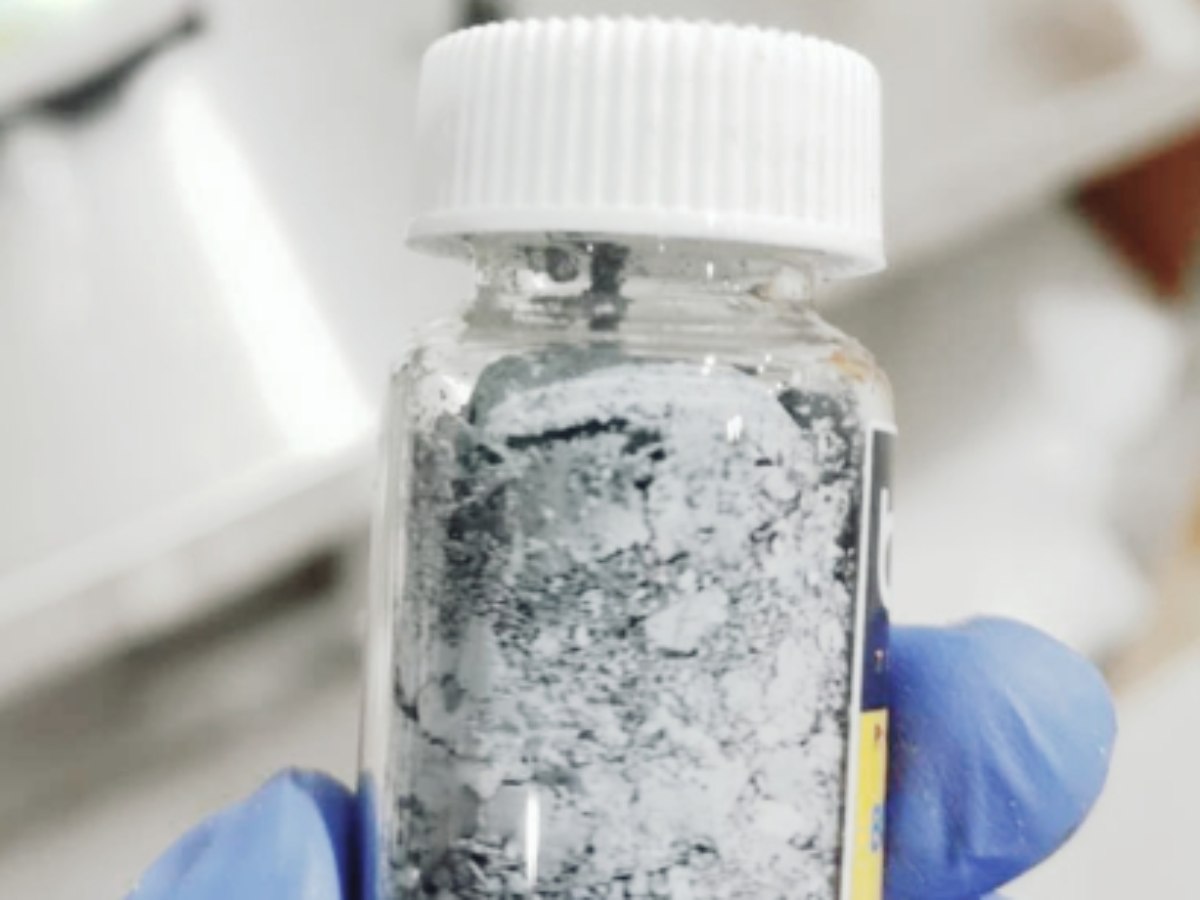PPK and Deakin to develop thin-film white graphene

Geelong’s Deakin University and the PPK group have cemented their position as leaders in new materials development with the announcement PPK will develop novel white graphene sheets in partnership with Deakin University.
They have established White Graphene Limited which will develop boron nitride nanosheets a single molecule thick which share similar strength and electrically conductive properties as carbon and boron nanotubes.
WGL has raised seed capital of $2.8 million to conduct research and build a prototype manufacturing plant to produce high purity material in volume.
PPK’s BNNT Technology subsidiary has previously succeeded in producing boron nitride nanotubes in commercial quantities.
Boron nitride nanosheets are not as strong as nanotubes, but they exhibit high thermal conductivity, electrical insulation and radiation shielding.
PPK executive chairman Robin Levison said the nanosheets were cheaper to produce and could widen market potential for the company’s materials.
Applications for white graphene include thin-film photovoltaics, microelectronics, advanced battery and supercapacitor technology, optics, nanocomposites and polymers and ceramics.
The new venture will operate as a joint venture research agreement, with PPK holding a 65 per cent interest in the company.
Geelong is already the centre of advanced materials with companies such a wheel manufacturer Carbon Revolution and boat builder Sykes Racing.
This is the seventh technology venture announced by PPK which was funded by Robin Levison, the founder of mining equipment manufacturer Industrea which he sold to GE Mining.
And Deakin works collaboratively with the sector, with many start up businesses located on its Warun Ponds campus.
Deakin PPK Group have established joint venture companies to use BNNT composite materials in Li-S battery (Li-S Energy Ltd) and 3D dental ceramics (3D Dental Technology Pty Ltd).
Picture: Deakin University
Subscribe to our free @AuManufacturing newsletter here.
Topics Manufacturing News Technology
@aumanufacturing Sections
Analysis and Commentary Awards Defence Manufacturing News Podcast Technology Videos






